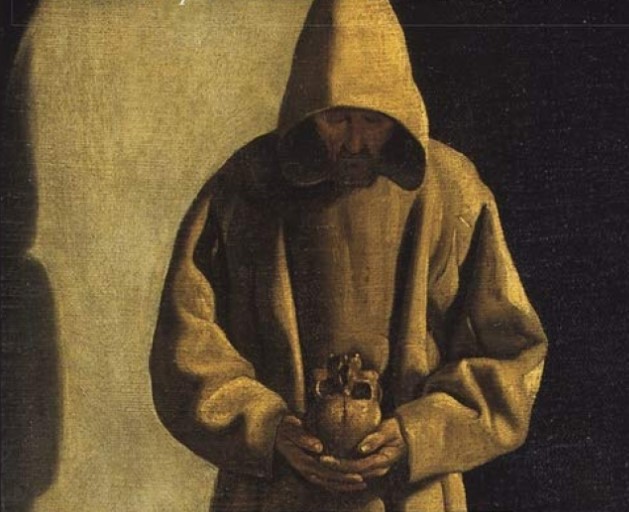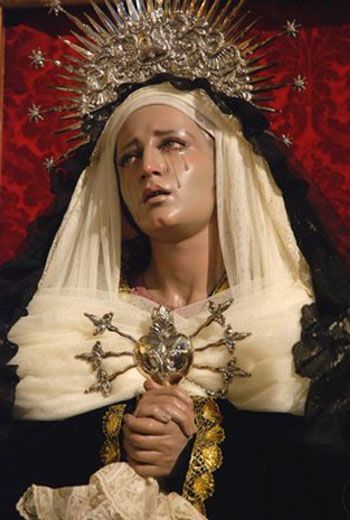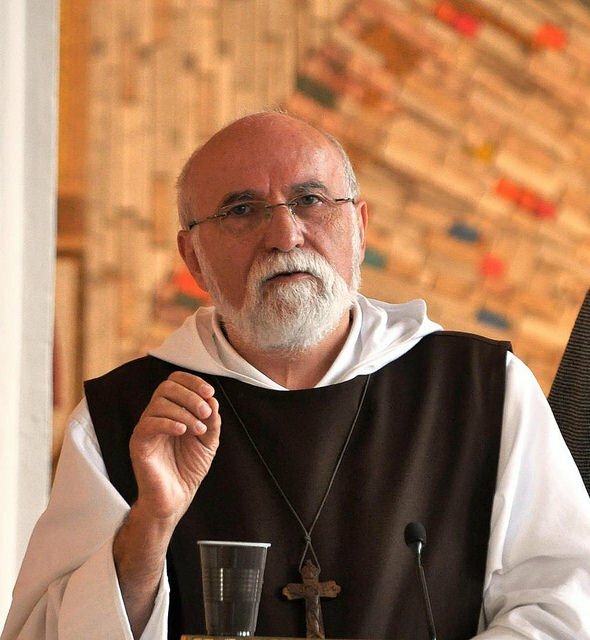I have returned to college, finishing my bachelor’s degree. I am taking three classes plus continuing to work full-time. Posting for the blog is proving difficult at this time. My spiritual life is my life. I have no choice.
The highest and most fruitful form of human freedom is found in accepting, even more than in dominating. We show the greatness of our freedom when we transform reality, but still more when we accept it trustingly as it is given to us day after day.
It is natural and easy to go along with pleasant situations that arise without our choosing them. It becomes a problem, obviously, when things are unpleasant, go against us, or make us suffer. But it is precisely then that, in order to become truly free, we are often called to choose to accept what we did not want, and even what we would not have wanted at any price. There is a paradoxical law of human life here: one cannot become truly free unless one accepts not always being free!
To achieve true interior freedom we must train ourselves to accept, peacefully and willingly, plenty of things that seem to contradict our freedom. This means consenting to our personal limitations, our weaknesses, our powerlessness, this or that situation that life imposes on us, and so on. We find it difficult to do this, because we feel a natural revulsion for situations we cannot control. But the fact is that the situations that really make us grow are precisely those we do not control.”
Jacques Philippe “Interior Freedom“





Recent Comments